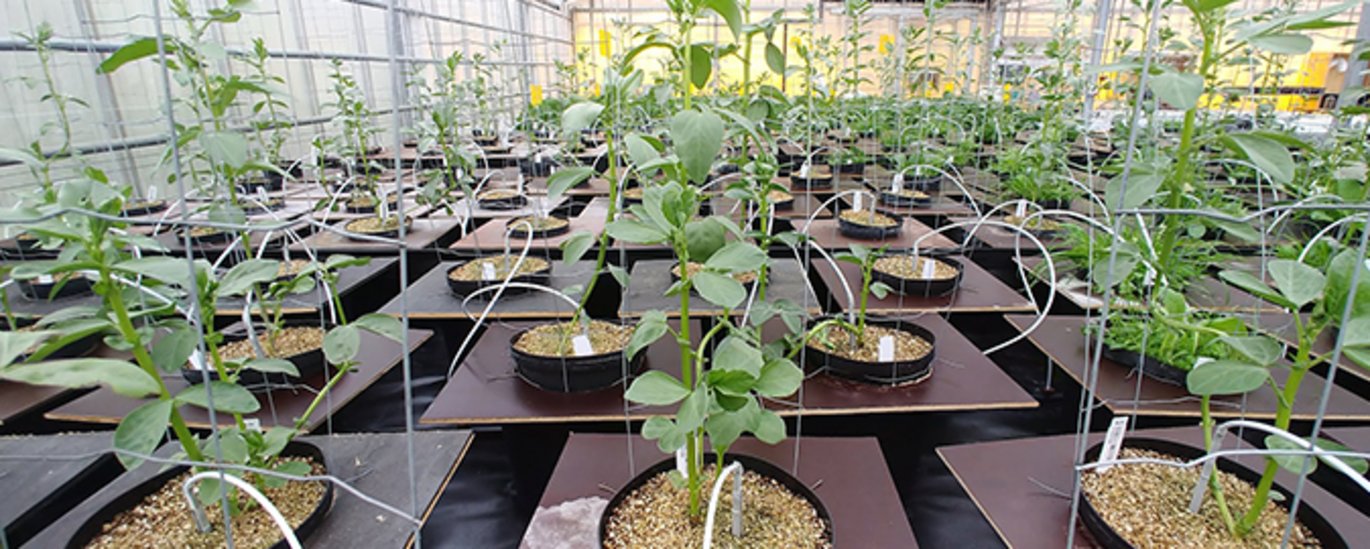EU backs research to design crop systems ready for future environmental change
New tools for root analysis can transform the European agricultural landscape to provide food security and climate change adaptation and mitigation. A network of 22 partners based in Europe and Africa has received a grant of EUR 6,4 to develop new plant varieties adapted to future climate change.

As agricultural systems deteriorate due to climate change, European crop yield is projected to decrease by 30% by 2050. But even in the worst-case scenarios, some genotypes are resilient to stress because they inherited certain genes and traits. Searching for genetic markers associated with root traits able to contribute to this resilience is the goal of Root2Res, a European Union-funded research project assembling 22 partners based in Europe and Africa. This knowledge can be used to adapt a wide range of crops.
Root2Res is short for ‘Root phenotyping and genetic improvement for rotational crops resilient to environmental change'. It is a project that will go beyond the state of the art, developing new tools to evaluate root traits linked to sustainable crops, and measuring heritability and plasticity, that is, the ability to cope with environmental stress while delivering stable production. Working alongside breeders and farmers from areas under the greatest climatic stress, an interdisciplinary research team is set to test roots of cereals, tubers and legumes common and novel to European rotational systems.
Focusing on drought and excess water as primary climate change hazards, the project aims to provide diversified and resilient crops, securing healthy and nutritious food while enhancing nutrient use efficiency, carbon sequestration and reducing greenhouse gas emissions.
Cultivars developed by Root2Res could lead to global impacts: notably resilient yields that make rural economies viable, with higher quality of life for the farmers; resource-efficient crops with minimal impacts on changing environments; and, ultimately, feasible carbon-neutral societies.
Partners in the Root2Res network
Root2Res is funded through Horizon Europe, the EU's main research and innovation programme. The network consists of 22 partners from 13 different countries. From Denmark, Stig Uggerhøj Andersen from the Department of Molecular Biology and Genetics at Aarhus University (AU) participates.
For further information, please contact
Associate Professor Stig Uggerhøj Andersen
Department of Molecular Biology and Genetics
Aarhus University
sua@mbg.au.dk
